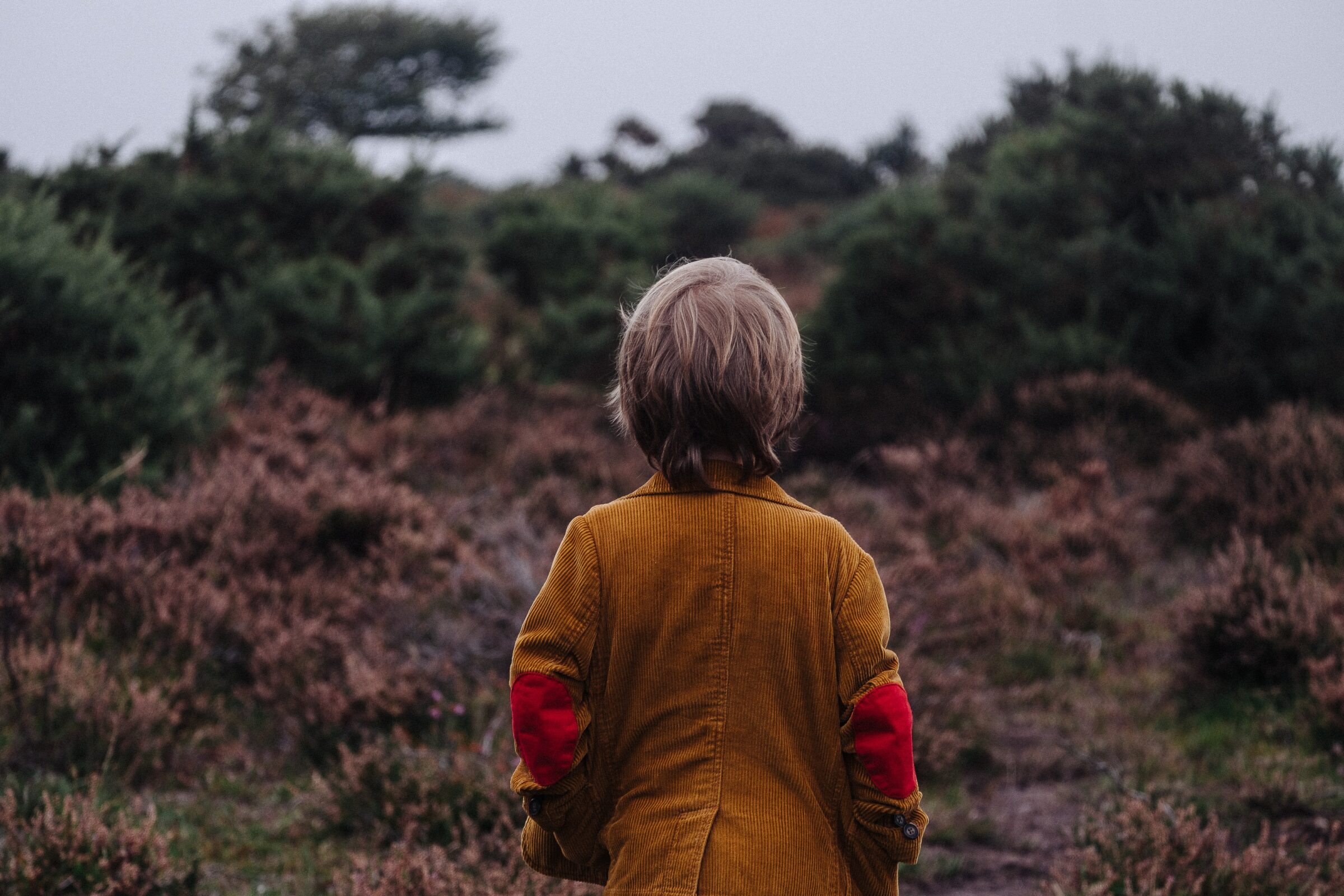Frequently asked questions
Frequently asked questions about childhood cancer
Here, you can find answers to frequently asked questions about childhood cancer and the work we do to improve the treatment of children and adolescents with cancer. But if you have specific questions, you should always ask your general practitioner or paediatrician and/or the specialist in charge of treatment.Fortunately, childhood cancer is a rare disorder. In Switzerland, around 350 children and adolescents develop cancer each year. Nevertheless, a cancer diagnosis is a devastating blow and a huge strain for each child affected and their family.
Please support us in our fight against childhood cancer. Any contribution, small or large, makes a difference and can help to improve the lives of children affected and their families.
The most frequent types of cancer in children and adolescents are leukaemias (cancers of the blood), tumours of the brain and spinal cord, lymphomas as well as neuroblastomas. These types of cancer account for almost three quarters of all cancers in children and adolescents.
Childhood cancer is usually diagnosed with a combination of different procedures. These include for example, imaging techniques (MRI and CT scans), tissue sampling (biopsies), and blood tests. Early and correct diagnosis is important in order to find the appropriate treatment and increase the chances of recovery. Once the diagnosis has been determined, checks are made to establish whether participation in a SPOG study is possible.
The most common symptoms are bone and joint pain, fever, weakness/pallor, neurological abnormalities/seizures, and abdominal pain or swelling.
Cancer in children and adolescents is rare overall. Many of these symptoms can also occur in other diseases. If symptoms persist, you should always consult a paediatrician.
A wide range of options are available for treating childhood cancer: surgery, chemotherapy, radiotherapy, stem cell transplantation and newer therapies such as targeted drugs and immunotherapies. The doctors involved always try to make the treatment effective but also as gentle as possible. The main focus is on long-term survival.
In Switzerland, nine hospitals treat cancer in children and adolescents. These nine institutions
are located at the university children’s hospitals in Bern, Basel, Zurich, Lausanne and Geneva, at the children’s hospital in St. Gallen and at the paediatric clinics of the cantonal hospitals in Lucerne, Aarau and Bellinzona. They are all members of SPOG.
If you have a medical concern, please contact one of the nine clinics directly.
The survival rate for children and adolescents with cancer has improved significantly over the last few decades. In Switzerland, 87% of children and adolescents are alive 10 years after diagnosis. This success is largely due to clinical cancer research, which has made major progress in recent decades. But there's still lots to do. To advance research and give children and adolescents with cancer an even better chance of recovery, we need your support.
Families of children and adolescents with cancer often need support in coping with the disease. Treatment at a SPOG member hospitals includes the following services for families: social services, psycho-oncology, nutritional counselling, school lessons, physiotherapy, occupational therapy, speech therapy, therapy clowns, as well as sports, art and music therapies in some cases. In addition, many hospitals offer services provided by parents' organisations and/or foundations. You can find the contact information of the hospitals here.
Whether you are a private individual, company, foundation, parish or other organisation and would like to support childhood cancer research - we are very pleased to receive your contribution!
A donation, your own fundraising campaign, a closer collaboration with your organisation or your company as part of a partnership: there are various ways to give children and young people with cancer a future.
You can find the right form of support for you in the ‘Support us’ section of the menu.
International quality-controlled treatment optimisation studies help to ensure that children and adolescents with cancer receive the best treatment possible and also benefit from the latest scientific findings and international expertise. The studies also help to improve treatment for future patients.
Doctors and researchers in SPOG are passionate about improving the chances of recovery and the quality of life for children and adolescents with cancer.
Children are not simply small adults. They develop different types of cancer and therefore require different treatment than adults. Cancers in children and adolescents must also be researched separately so that their special needs and the particular aspects of their disease can be taken into account. SPOG research always focuses on the children and adolescents who are affected by cancer.
Cancer comes about as the result of changes in the genetic material (DNA) of cells. Various factors may promote these changes. Cancer cells replicate in an uncontrolled manner and penetrate into healthy tissue. Depending on the disease, they may also form clusters, known as metastases, throughout the body. There are many different types of cancer, which call for a variety of treatments.
In the vast majority of cases, it is not known why children develop cancer. Only around 10-15% of cancers in children and adolescents are due to genetic factors. Some cancers are already present at birth.
Since 1976, Switzerland has been working with the Childhood Cancer Registry to investigate whether environmental toxins or other external influences could cause childhood cancer. So far, no link has been found. The research into causes is ongoing.
The most important aim is that children and adolescents survive in the long term.
Some of the young patients suffer a relapse. Here too, recovery is usually the goal of the treatment. Many relapses can also be treated successfully.
A small group of children and adolescents do not respond sufficiently to the initial treatment. A cure can then be difficult.
Former childhood cancer patients (known as survivors) may suffer from long-term effects resulting from their treatment or their cancer. Any organ can be affected. Possible effects include growth disorders, infertility or learning difficulties. Long-term effects can occur even decades later, which is why lifelong follow-up care is recommended. International guidelines also exist for this. In the clinical trials, particular attention is paid to minimising long-term effects.
Clinical childhood cancer research involves conducting clinical studies and research projects to investigate the efficacy and safety of new treatments and therapies for children and adolescents with cancer. SPOG's clinical studies play an important role in developing new treatments. In the studies, children and adolescents with cancer have access to the latest, most advanced treatments.
By taking part in a SPOG study, the children and adolescents and their families are playing a part in finding out more about the disease. With this knowledge, children and adolescents can be treated better in the future.
However, participating in a study also brings direct benefits to young patients: an international panel of experts reviews the diagnosis and treatment. Research has shown that treatment within a clinical study is associated with a higher chance of recovery.
SPOG conducts clinical studies and research projects to examine the efficacy and safety of new treatments and therapies. Through these studies, children and adolescents suffering from cancer gain access to the latest scientific findings and international expertise, thereby ensuring the best possible treatment. The doctors and researchers involved in the SPOG network are passionate about improving the chances of recovery for children and adolescents with cancer and to minimise the long-term effects.
Childhood cancer glossary
This link takes you to the glossary of the information portal “kinderkrebsinfo.de”, a partner organisation of the German Society for Paediatric Oncology and Haematology (GPOH). Our partner organisation's websiteThe information portal answers even more frequently asked questions about cancer in children and adolescents, and includes lots of information about diagnosis, treatment and after-care.

